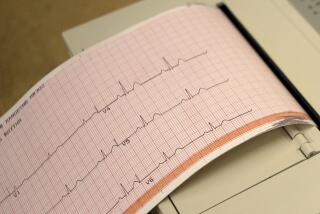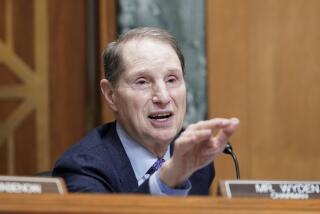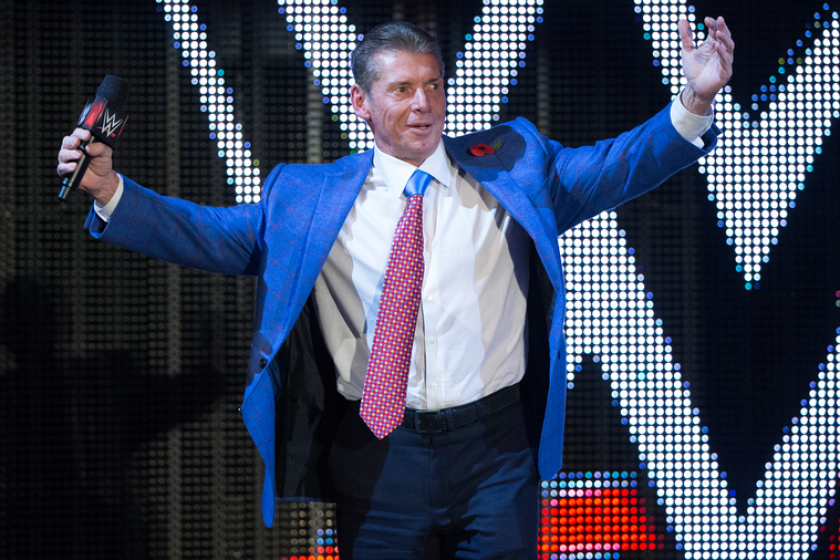Cutting Edge: Venture capitalist is investing in firms that use computers to improve healthcare
In the mind of former Stanford professor Vijay Pande, software is on the verge of transforming medicine, making it not just better and safer but also less expensive.
Pande recently left Stanford to run a new $200-million investment fund devoted to the intersection of computers and biology for Andreessen Horowitz, the Silicon Valley venture capital firm.
He said he believes that the fast-declining cost of computing could change medicine the same way that the Industrial Revolution changed how we do just about everything.
Pande said it took 10 years and $3 billion to map the first human genome, and now a person’s DNA can be sequenced for $300.
One promising application, he said, is using machine learning or artificial intelligence to try to teach computers to perform tasks such as spotting tumors in medical scans. The idea is not to replace doctors but to give them the tools to work more accurately and efficiently, he said.
Another potential investment opportunity is in digital therapeutics, in which patients’ conditions are monitored remotely with sensors on their smartphones. Software can then coach the patients to control their illnesses through exercise, diet and other behavioral treatments that don’t have the harmful side effects of traditional drugs.
Those are just two uses of computers in medicine that Andreessen Horowitz is calling Bio 2.0.
The Times talked to Pande about what kinds of biotech start-ups the venture capital firm is looking to invest in and what those companies’ inventions could mean for patients.
You held professorships in chemistry, structural biology and computer science at Stanford and were also director of the university’s biophysics program. Was it hard to leave academia?
I’m really excited about the opportunities. I feel it’s time to take ideas and turn them into companies.
What are the practical applications of applying machine learning — in which computers learn or make predictions from data they’ve collected — to healthcare?
Where machine learning fails is when we don’t have enough data. In bio and healthcare we are now seeing a flood of new data.
Machines can do many tasks better than human beings. In playing chess, the best computers can beat humans. Computers are doing better than human beings at recognizing images. This could be used by radiologists to analyze X-rays, by dermatologists to examine skin or by ophthalmologists to look at eyes. This would help doctors in a sort of spellcheck-like way.
Or you can take a wealth of data and predict which drug is best for patients.
Another area you plan to invest in is digital therapeutics. You say these software programs could change a patient’s habits by treating what are really behavioral problems with a behavioral solution. For example, one start-up, Omada Health Inc. of San Francisco, is using software to treat chronic conditions by providing patients with wireless digital scales, pedometers and an online personal health coach. How could this change medicine?
It’s a new type of therapy that goes beyond a drug. It can be used in depression, insomnia, smoking cessation and even Type 2 diabetes.
When we look back on this 10 years from now, it will seem barbaric to give people a pill. It doesn’t have the toxicity of a drug and can have greater efficacy.
Your fund made its first investment in TwoXar, a Palo Alto-based start-up that uses software to look for links between diseases and potential new medicines. The company is aiming to speed up the process of developing new drugs.
This is a company that uses machine-learning methods to predict and push drug design candidates.
We’re looking for investments that are different from the typical biotech approach. TwoXar’s offices look like those of a software company and not your traditional biotech.
What do you see happening in the future as start-ups develop this technology?
Silicon Valley has transformed so many things. I have two young daughters. I tell them how things were before Facebook and iPhones and they can’t imagine it.
We will have healthcare that is so much better and cheaper. We’ll wonder what we did without it.
Twitter: @melodypetersen
More to Read
Inside the business of entertainment
The Wide Shot brings you news, analysis and insights on everything from streaming wars to production — and what it all means for the future.
You may occasionally receive promotional content from the Los Angeles Times.











